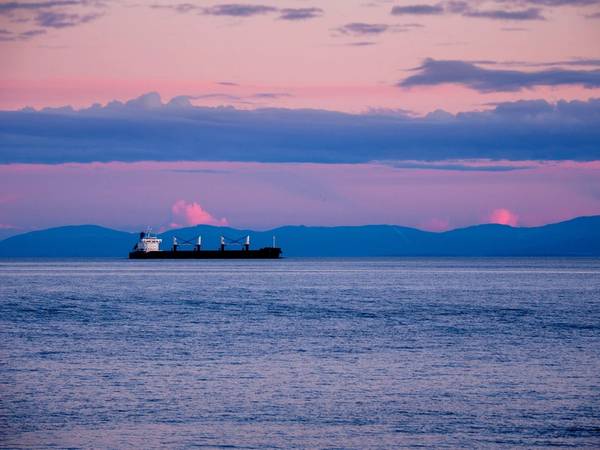
The Baltic Exchange's main sea freight index, tracking rates for ships carrying dry bulk commodities, rose on Wednesday to its highest in over 4-1/2 months, boosted by rising rates for capesize vessels.
The overall index, which factors in rates for capesize, panamax and supramax shipping vessels, was up 33 points, or 2.3 percent, at 1,465 points.
The capesize index rose 134 points, or 5.4 percent, to 2,616 points, its highest in four months.
"Capesize rates continued to demonstrate positive momentum, with average earnings improving," analysts at ship broker Clarksons Platou Securities said.
Average daily earnings for capesizes, which typically transport 170,000-180,000 tonne cargoes such as iron ore and coal, were up $901 at $20,469.
The panamax index was down 4 points, or 0.318 percent, at 1,253 points.
Average daily earnings for panamaxes, which usually carry coal or grain cargoes of about 60,000 to 70,000 tonnes, decreased $27 to $10,089.
The supramax index fell 3 points to 1,048 points.
(Reporting by Nithin Prasad in Bengaluru; Editing by Maju Samuel)



